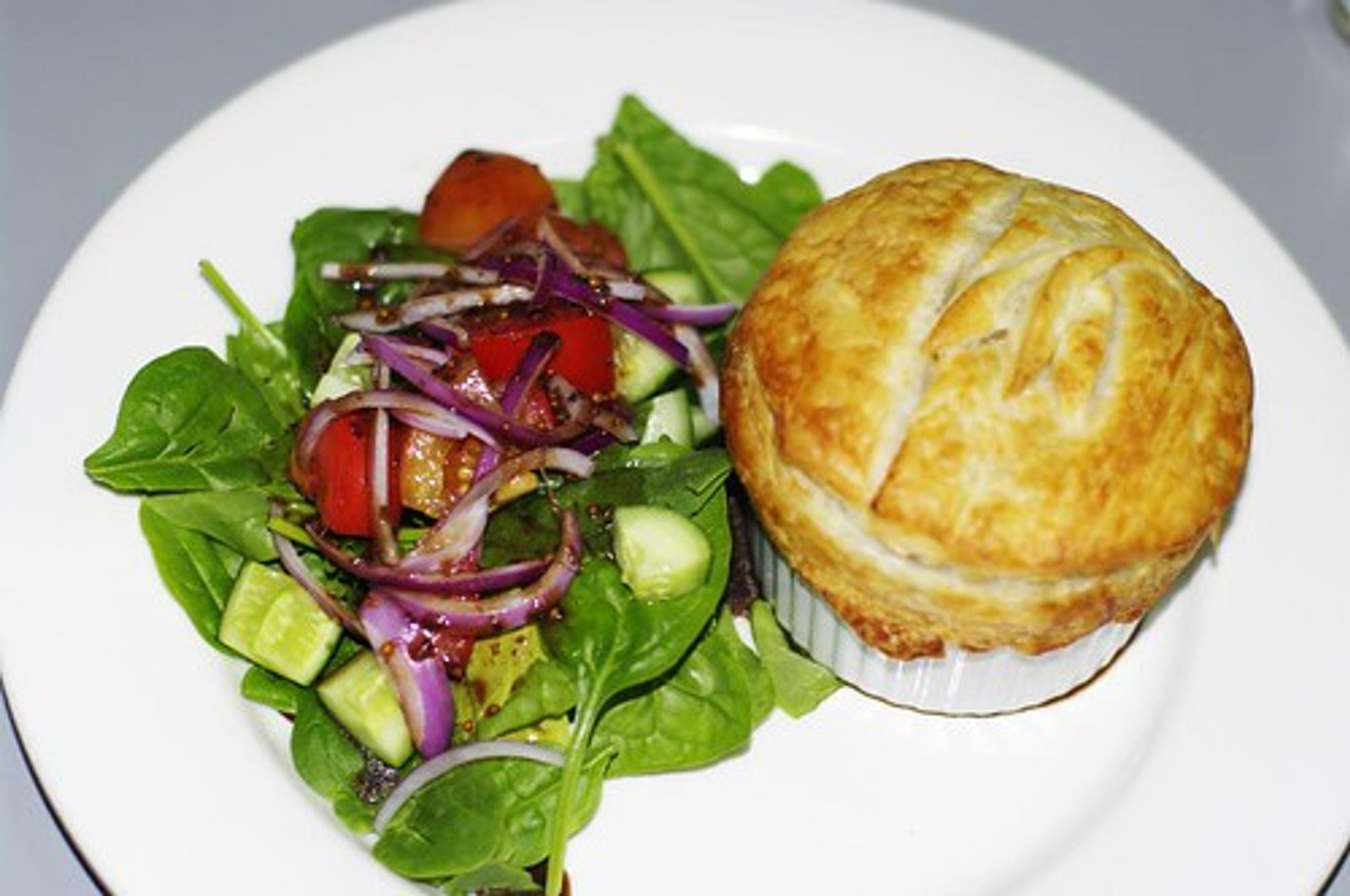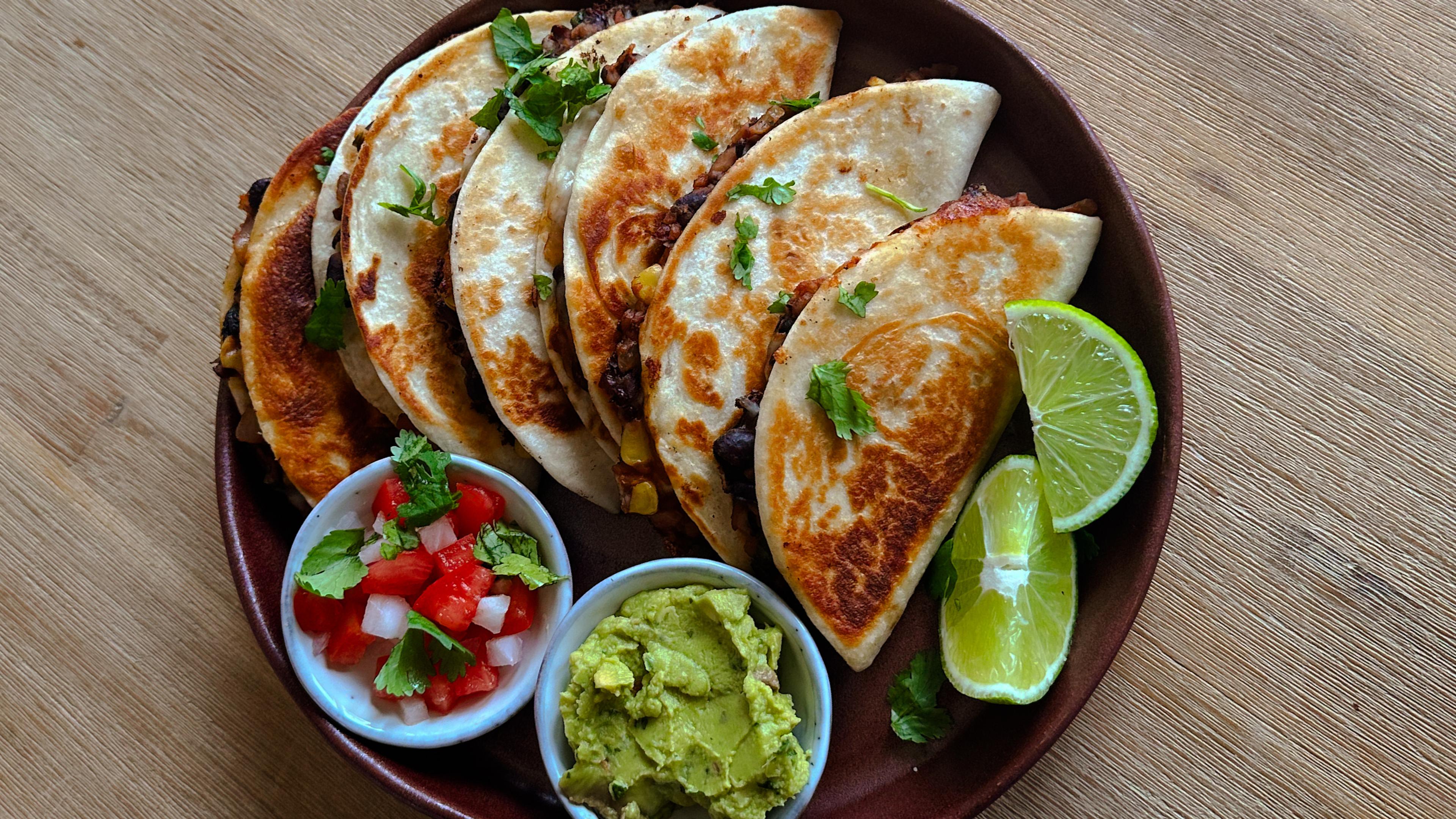#WellnessWeds: Is Counting Calories the Best Way to Lose Weight?
Angela Jenkins
| 5 min read

Calorie: A word associated with weight loss and maintenance, but do you really know what the word calorie means? The scientific definition is: “the amount of energy required to raise the temperature of a liter of water one degree centigrade at sea level.” Say what? In terms that are more understandable even to me, a calorie is also considered a unit of food energy.
With the word itself being complicated, you can imagine that the calorie process can be confusing at times, too. But the good news is that recent research is showing that counting calories may not be as important to weight loss as once thought.
A Myth is Just a Myth
In the article from CBS News on “Four Biggest Myths about Calories”, I found the new information interesting and a little hard to take. As a health coach and health professional, calorie counting is the way I help people lose weight. Here is a summary of the four calorie “myths” and my view on them. I took the article with a whole grain of salt, you will see why…
Myth 1: All calories are created equal
Various studies have proven that all calories are not created equal. The examples used in this article are saturated fats versus unsaturated fats, whole grains versus refined grains and consuming trans-fats. The findings:
- Even when eating the same amount of calories, unsaturated fats (found in olive oil and nuts) help the body feel fuller than their counterpart saturated fats (found in fatty meats, whole dairy products and butter), where after eating those, the body still feels hungry.
- People who ate whole grains over refined grains lost more belly fat — again with the same amount of calories eaten.
- Eating trans-fatty foods caused study participants to gain four times more weight and 30 percent more belly fat that those who ate natural, plant-based foods.
These examples are a no-brainer to me. We have been hearing a lot about the importance of eating fresh and natural foods as opposed to processed foods for overall health. I think this is great that there is research proving this and it is being shared with the public to really drive home the point.
Myth 2: Calorie counts are always accurate
Nutrition labels can have a error margin of 20 percent on the accuracy of counting calories on products. This can make a huge difference for those who are counting their exact calories to lose weight. Think about it: If a product’s label says it has 150 calories and it really has 200, and that is eaten multiple times on a daily or weekly basis, the weight loss may not be as plentiful as it should be.
This can be extremely frustrating to a person who is working hard at losing weight and carefully watching calories. It can cause some to say it isn’t worth it because it all the hard work is for naught. This is a law and needs strengthening in my opinion.
Read more on how to Be Aware of Food Labels.
Myth 3: Counting calories is key to weight control
This study tracked four different groups of women who:
- Restricted their daily calories
- Counted restricted calories
- Ate anything they wanted to and tracked the calories
- Ate anything without tracking the calories at all
The results were not surprising to me: Those who had to restrict and count calories were stressed out with higher cortisol levels than the other groups. Cortisol is a stress hormone, and when the body has excess amounts of it, it can work against weight loss.
I think there is an educational piece that goes with calorie counting. When I work with people using this method, I make sure they have the proper calorie range for their height, weight, age and gender. I also provide them with the tools to track calories the correct way.
Like most things, one specific way to do something is not for everybody. I am a calorie counter and probably always will be when trying to lose those last stubborn pounds. I like to see how I am doing throughout the day, and this way, when I get to the end of the day, I know what kind of a snack I can have. It may not work for you personally, but it does for me and I actually look forward to spending those last calories.
Myth 4: Cutting 3,500 calories a week equals one pound of weight loss
Subtracting 500 calories from a person’s diet each day can be detrimental to weight loss. The study says that if subtracting 500 calories means a person doesn’t eat enough calories in a day, their metabolism will slow, since they’re not getting enough calories to support their ideal weight.
I totally agree with this theory, and again, think that education is a huge component to the success of this weight-loss theory. I have said in a couple of blog posts that to lose one pound a week, you can eliminate 500 calories a day through diet and exercise. This can be tricky, so if this is something that appeals to you as a method to lose weight, ask a health professional to help you get a baseline of how many calories you should consume safely for weight loss.
I thought this article raised some great points that aren’t necessarily brought out in the open for the public.
What are some diet myths you have heard?
Photo credit: Vanessa Pike-Russell





